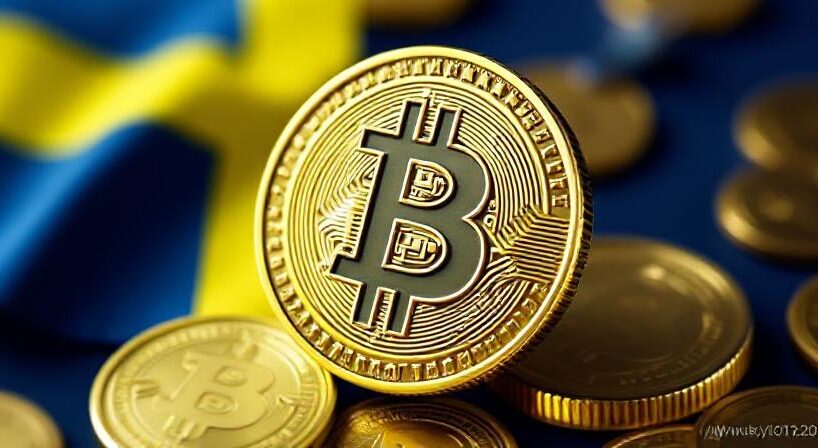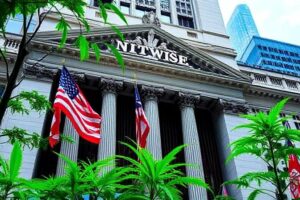
Sweden may soon take a friendlier stance toward Bitcoin adoption. Member of Parliament Rickard Nordin has submitted a motion to the Finance Committee proposing that Bitcoin transactions used for daily purchases be exempt from Sweden’s 30% capital gains tax.
If approved, the change would make small-scale Bitcoin payments—such as buying groceries or coffee—free from capital gains obligations. Nordin argues that this move could help Sweden stay competitive in the evolving global financial landscape while promoting innovation and financial inclusion.
In a letter to the Finance Minister, Nordin emphasized that eliminating taxes on low-value Bitcoin transactions would encourage broader use of digital currencies and position Sweden alongside other crypto-progressive nations. He also described Bitcoin as a potential hedge against inflation and currency depreciation, noting that many governments and institutions worldwide have integrated Bitcoin into their financial strategies.
“Cryptocurrencies are already being used as payment in countries with high inflation or limited access to traditional banking,” Nordin wrote.
Pushing Bitcoin Into Sweden’s National Reserves
Beyond taxation reform, Nordin’s motion also calls for Bitcoin to be included in Sweden’s foreign exchange reserves. He suggested that instead of selling confiscated crypto assets, the government could channel them into a strategic reserve to diversify holdings and strengthen Sweden’s financial resilience.
Currently, Sweden’s reserves primarily consist of fiat currencies and gold. By allocating a portion to Bitcoin, Nordin believes the country could gain valuable experience managing digital assets and prepare for the future of decentralized finance.
Building on Sweden’s Growing Bitcoin Agenda
This proposal builds upon Nordin’s previous efforts to establish a national Bitcoin reserve, an idea he first introduced in April 2025. The concept gained traction after several lawmakers submitted a motion on Oct. 1 to formally explore creating such a reserve, set for review on Oct. 15.
The lawmakers emphasized maintaining Bitcoin’s current legal classification and rejected introducing a central bank digital currency (CBDC) under the Riksbank Act, citing concerns about limiting financial freedom.
Globally, at least 13 governments now hold Bitcoin, totaling over 515,000 BTC, according to Bitcoin Treasuries data. The United States leads with 198,021 BTC, valued at approximately $24 billion, followed by China, which holds around 190,000 BTC primarily from seized assets.
If Sweden moves forward with Nordin’s proposal, it could become one of the first European nations to both integrate Bitcoin into its national reserves and promote its everyday use through tax incentives—a signal of growing institutional acceptance in the Nordic region.







